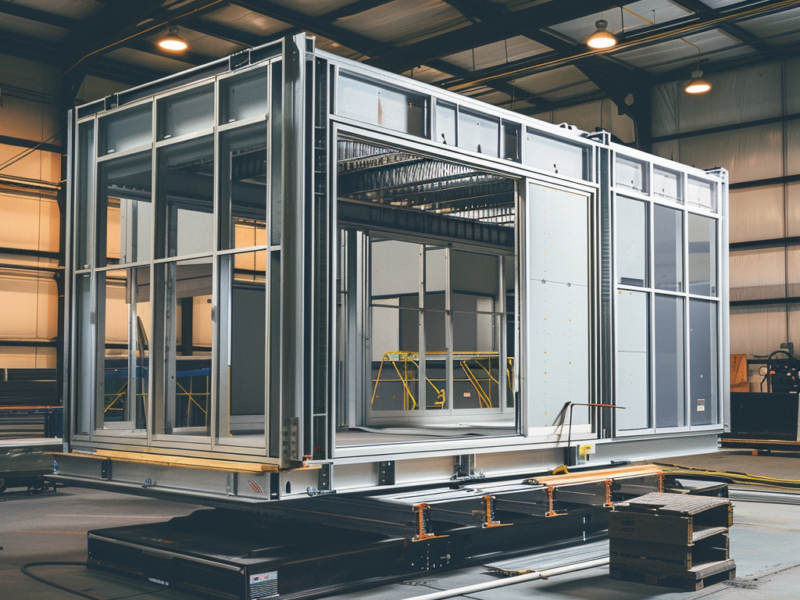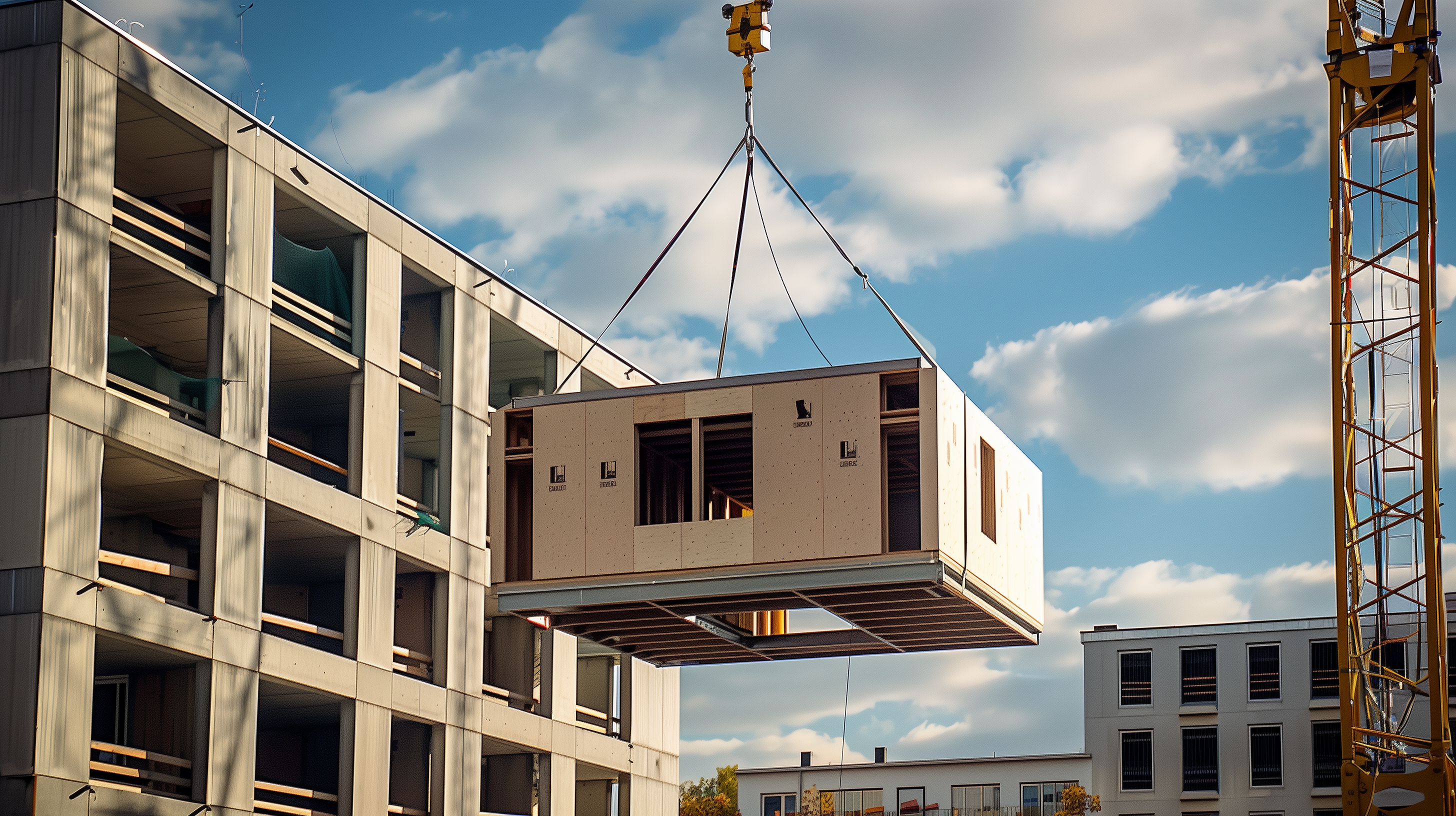
Modular construction is an innovative building method where prefabricated modules are manufactured off-site in a controlled environment. These modules are then transported to the final construction site for assembly. This approach enhances efficiency, quality control, and cost-effectiveness in construction projects. The process involves Design for Manufacture and Assembly (DfMA) practices, which streamline the construction process. If you seek to grasp the detailed benefits, operational process, applications, and future trends of modular construction, the possibilities for enhanced understanding and insights await.
Understanding Modular Construction

What is the fundamental concept behind modular construction?
Modular construction involves the construction of modular buildings off-site in a controlled environment. This method utilizes Design for Manufacture and Assembly (DfMA) practices, where building components are manufactured in sections or modules and then transported to the final construction site for assembly.
How does it differ from traditional building methods?
Unlike traditional building methods that rely on on-site construction, modular construction offers benefits such as greater efficiency, quality control, and cost-effectiveness. By standardizing the construction process and working in a controlled environment, modular construction allows for faster project completion times and reduced waste, making it a versatile and innovative solution for various construction projects.
Benefits of Modular Building
Understanding the benefits of modular building sheds light on the advantages that this innovative construction method offers over traditional building approaches. Modular construction provides faster project completion, typically finishing 30-50% sooner than traditional methods. The controlled factory environment ensures higher construction quality by reducing waste and energy consumption.
Additionally, modular buildings offer limitless design opportunities while meeting the same building codes as traditional construction. The predictable construction timeline of modular construction eliminates weather delays, allowing for quicker occupancy and a faster return on investment for developers.
How Modular Construction Works
Modular construction operates by prefabricating building components in a controlled factory environment before transporting them to the final construction site for assembly. This off-site construction method streamlines the building process by completing up to 90% of the work in a controlled environment, ensuring higher quality and efficiency.
Lean manufacturing techniques are employed to optimize the creation of prefabricated modules, further enhancing productivity and reducing waste. Once the modules are ready, they are transported to the designated site for assembly.
Despite the off-site construction approach, the final modular buildings are designed to meet or exceed traditional construction standards, providing a durable and structurally sound end product.
Applications of Modular Technology
The widespread adoption of modular technology across various industries underscores its efficiency and adaptability in diverse construction projects.
Modular construction projects, ranging from construction camps to schools, housing, and industrial facilities, benefit from the off-site construction approach. Incorporating Design for Manufacture and Assembly (DfMA) practices, advanced CAD systems, and manufacturing control systems ensures quality control and precision during the manufacturing process.
The use of standard container modules and lean manufacturing techniques allows for customizable design opportunities, enabling a wide range of building types and floor plans to be achieved.
Future Trends in Modular Construction
Moving forward, the trajectory of modular construction is poised to revolutionize the industry with cutting-edge advancements and innovative approaches. Future trends in modular construction indicate significant potential for cost savings and productivity improvements.
The market value for modular construction in new real estate construction is projected to reach $130 billion by 2030, with the European and US markets potentially delivering annual savings of up to $22 billion. Modular construction has already demonstrated sustainable success in countries like Japan and Scandinavia, showcasing its ability to adapt to diverse environments.
Moreover, there are strong signs pointing towards broad-scale disruption in the construction industry as modular construction continues to gain momentum, offering a more efficient, cost-effective, and sustainable solution for various construction projects.
